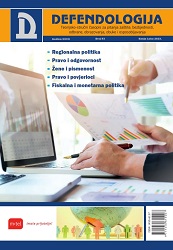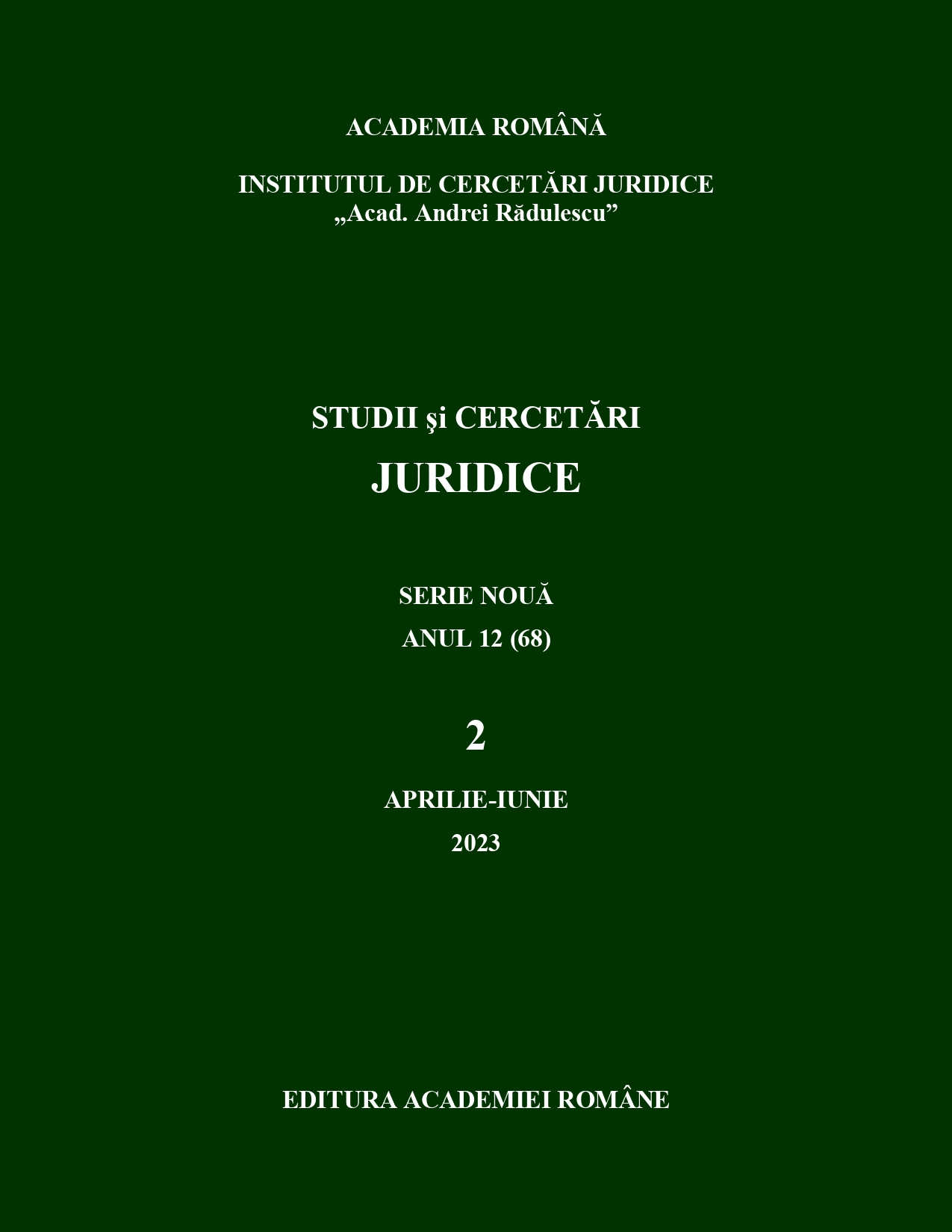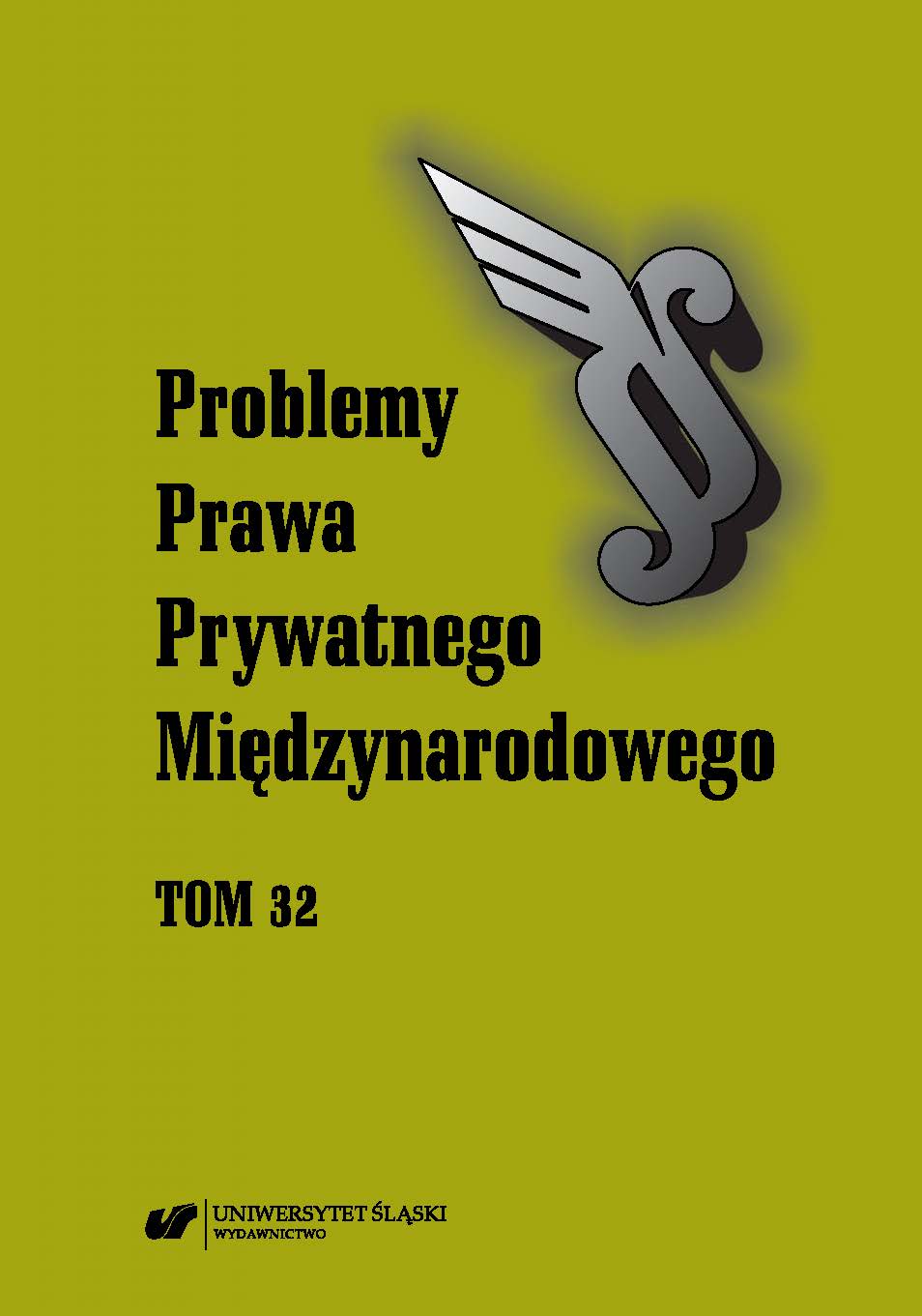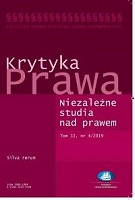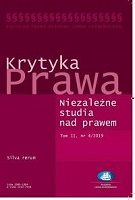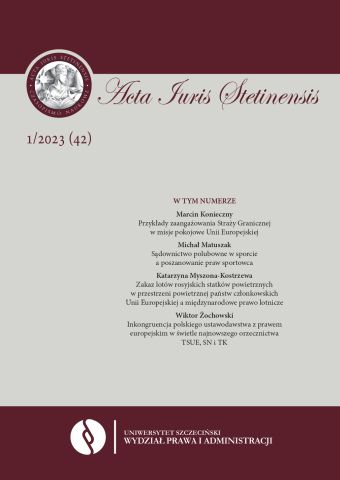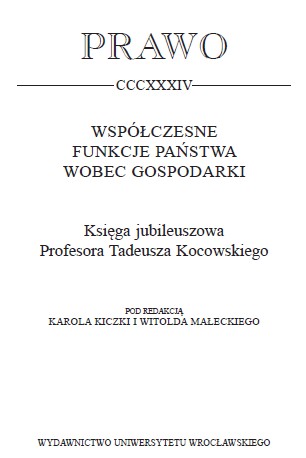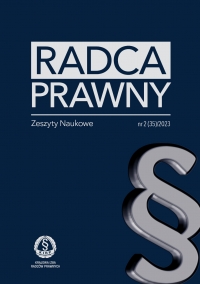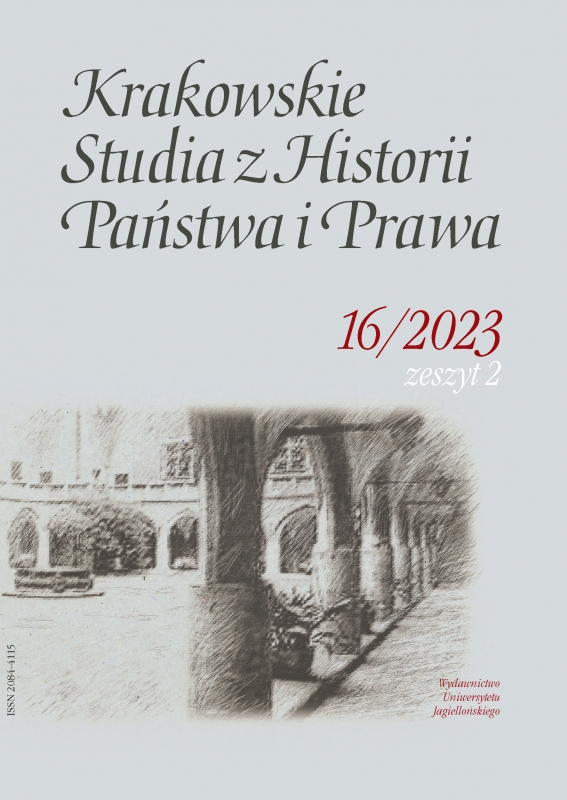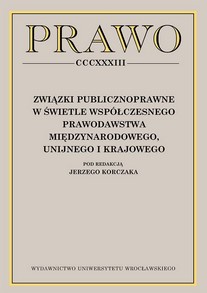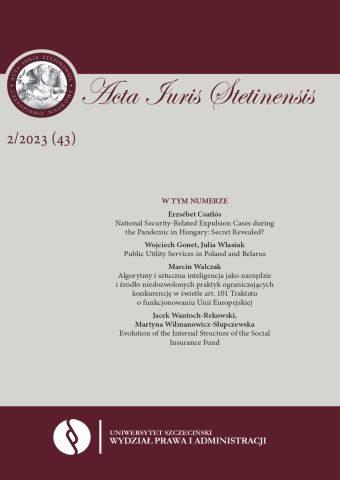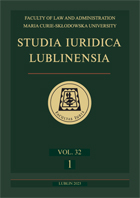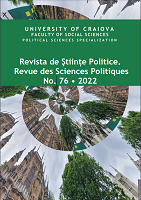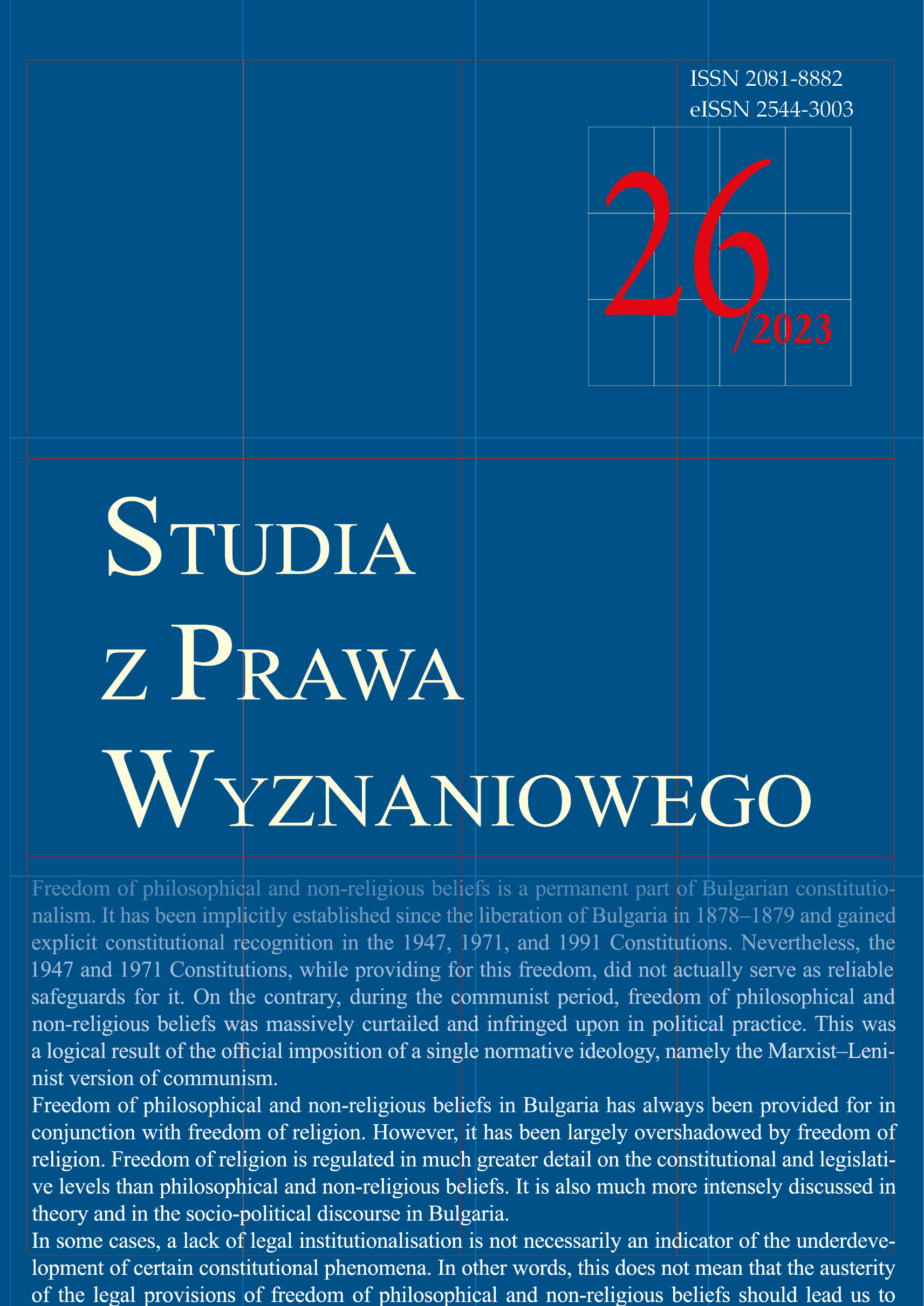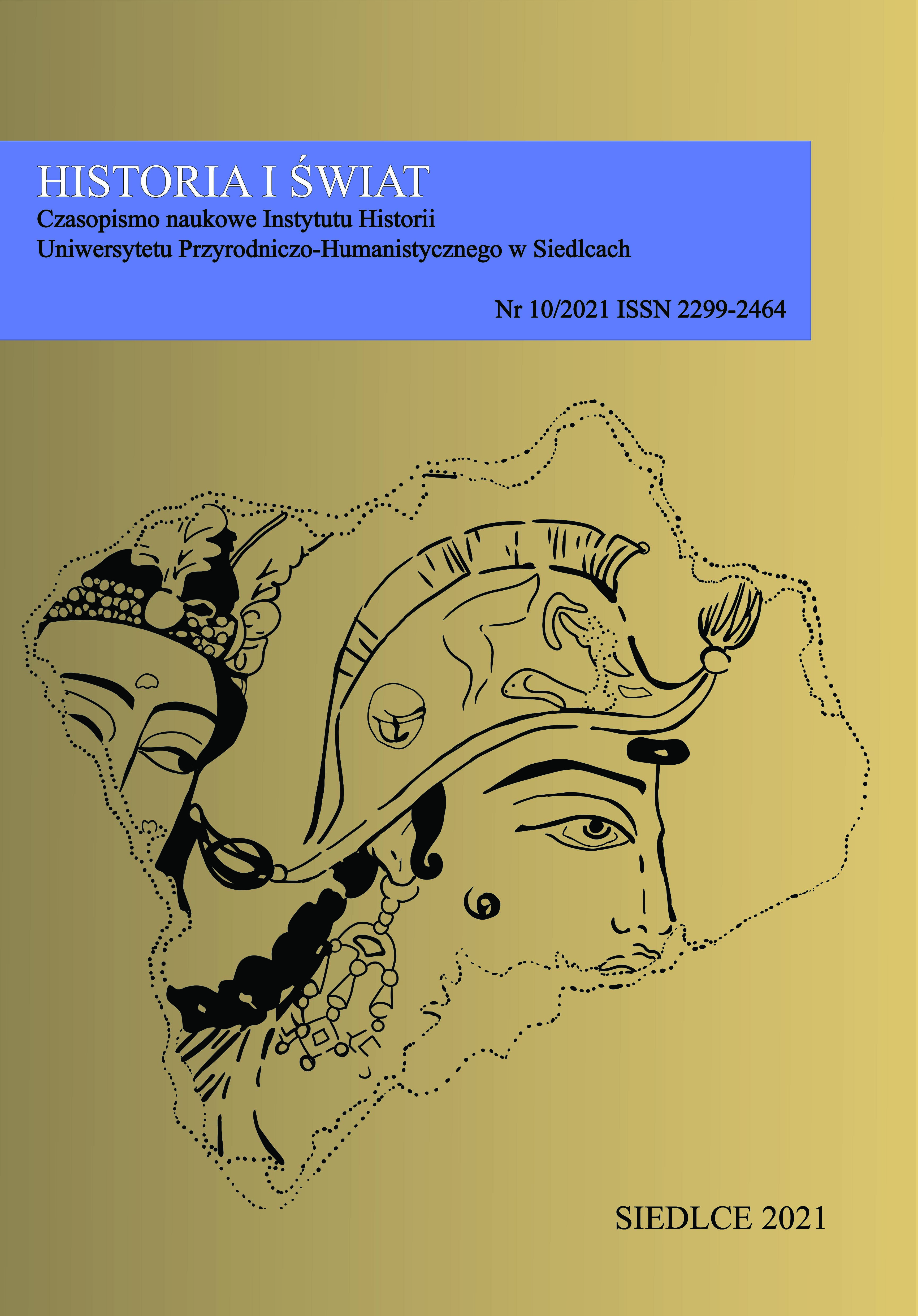
International legal regulation of electronic document circulation
Electronic documents are a type of document that exists only in digital form. These electronic documents are the information product of the latest electronic information technologies such as Internet technologies, WWW technologies, multimedia. Electronic document circulation is known as a system of electronic document management, the relations between the participants of which are regulated by national law and other regulatory legal acts. On the basis of international legislation and legislation of foreign countries, the analysis of the essence and content of electronic document circulation is carried out, the legal relations that make up this concept are defined, the concepts and use of electronic documents and electronic signatures are studied. The unification of rules on electronic documents and their use in contractual relations are the cause of economic and legal issues. The article examines and conducts a comparative analysis of the features and effectiveness of the laws of United Nations Commission on International Trade Law (UNCITRAL), the directives of the European Union and the Convention laws in the emergence of electronic document management.
More...
